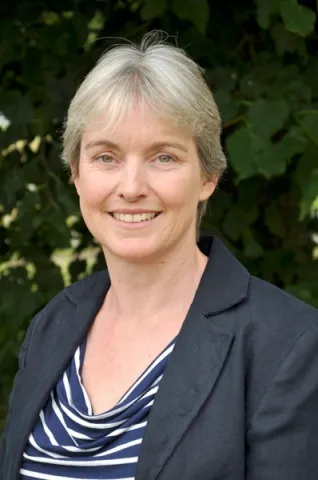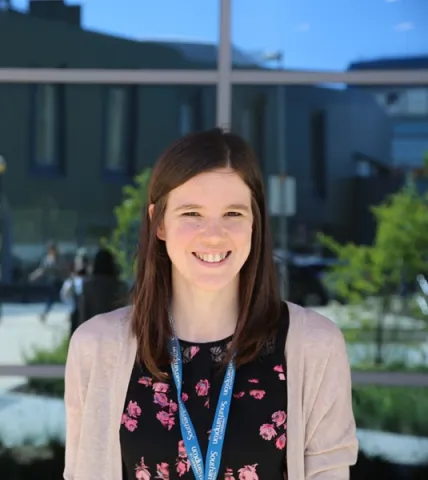Project overview
There are 15 million people in England living with two or more long-term physical, mental or infectious diseases, known as Multiple Long-Term Conditions (MLTC). Current care is mostly focused on medical treatment (e.g. blood pressure, cholesterol). This means that social needs like mobility, housing, finances, and isolation are given less attention. Treating physical health and social need together through integrated care could provide better support for the varied and individual needs of people with MLTC. However, health and social care systems are not set up to easily deliver integrated care to the whole population. ‘Clustering’ or grouping together people with similar health and social care needs could allow care providers to make quicker and better decisions on how to meet people’s needs.
Our team already has funding to identify clusters based on health and social care need using electronic health and social care records. We now need to find out how these clusters could be used in practice to deliver integrated care and what resources (or interventions) are needed to support a change in care delivery. Seeking patient and care providers views at this early stage will ensure that new interventions are more likely to be used in practice and succeed in improving support for people living with MLTC.
We will use our team’s expertise to conduct research that will help us to find out what patients and care providers need from a new intervention. We will:
1.Talk to care providers in focus groups about their priorities and concerns about care delivery by MLTC clusters
2.Talk to people living with MLTC (and their relatives or carers) in semi-structured interviews to find out how well they identify with MLTC clusters
3.Draw up a plan for how a new intervention could support care providers to deliver better, integrated care based on these clusters
Our team already has funding to identify clusters based on health and social care need using electronic health and social care records. We now need to find out how these clusters could be used in practice to deliver integrated care and what resources (or interventions) are needed to support a change in care delivery. Seeking patient and care providers views at this early stage will ensure that new interventions are more likely to be used in practice and succeed in improving support for people living with MLTC.
We will use our team’s expertise to conduct research that will help us to find out what patients and care providers need from a new intervention. We will:
1.Talk to care providers in focus groups about their priorities and concerns about care delivery by MLTC clusters
2.Talk to people living with MLTC (and their relatives or carers) in semi-structured interviews to find out how well they identify with MLTC clusters
3.Draw up a plan for how a new intervention could support care providers to deliver better, integrated care based on these clusters
Staff
Lead researchers
Other researchers
Collaborating research institutes, centres and groups
Research outputs
Sian Holt, Glenn Simpson, Miriam Santer, Hazel Everitt, Andrew Farmer, Kuangji Zhou, Zhiling Qian, Firoza Davies, Hajira Dambha-Miller & Leanne Morrison,
2025, Journal of Multimorbidity and Comorbidity, 15
Type: article
Sian Holt, Hajira Dambha-Miller, Miriam Santer, Hazel Everitt, Andrew Farmer, Glenn Simpson & Leanne Morrison,
2024
Type: conference



